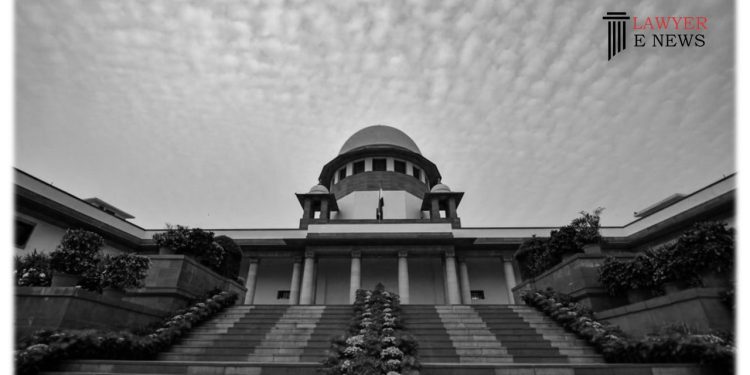-
by Admin
15 February 2026 5:01 PM



In a recent ruling on November 6, 2023, the Supreme Court of India set a significant precedent by allowing full Input Tax Credit (ITC) under the Uttar Pradesh Value Added Tax Act, 2008. The decision was handed down by a bench comprising Chief Justice Dr. Dhananjaya Y. Chandrachud, and Justices J.B. Pardiwala and Manoj Misra, who collectively observed that the "deeming fiction provided in Explanation (iii) to Section 13 forbids the Assessing Authority as well as the assessee from raising any dispute in regard to the allowability of the ITC in cases where exempted goods are being produced as a by-product or waste product."
The case involved M/S Modi Naturals Ltd., an appellant against the Commissioner of Commercial Tax UP, challenging the denial of full ITC on the purchase of raw Rice Bran used in manufacturing Rice Bran Oil, a taxable good, and De-Oiled Rice Bran, an exempt by-product. In a thorough analysis of the UP VAT Act's provisions, the apex court overturned the decision of the High Court of Allahabad, which had previously sided with the revenue authorities.
Justice J.B. Pardiwala, authoring the judgment, underscored the legislative intent behind the UP VAT Act, emphasizing that the statutory provisions do not differentiate between exempt and taxable goods for the purpose of claiming ITC. The Court reinstated the orders of the Commercial Tax Tribunal, which had initially favored the assessee's claim.
The Supreme Court's judgment is seen as a significant victory for manufacturers in the state of Uttar Pradesh. It clarifies the legal position regarding the entitlement to full ITC when both taxable goods and exempt by-products are generated in the manufacturing process. Legal experts suggest that this ruling will likely have widespread implications for the manufacturing sector, potentially influencing similar cases across the country.
Arvind Datar, the learned Senior Counsel representing the assessee, lauded the judgment as a triumph of clear statutory interpretation over a restrictive reading of the law. Meanwhile, the revenue's representative, R.K. Raizada, was reminded by the Court that "every Act of Parliament must be read according to the natural construction of its words," and that the subject is not to be taxed without clear words for that purpose.
As businesses across the state and the country evaluate the judgment's ramifications, the Supreme Court's affirmation of the deeming fiction in the UP VAT Act is set to become a cornerstone of tax jurisprudence in India.
Date of Decision: 06 November 2023.
M/S MODI NATURALS LTD VS THE COMMISSIONER OF COMMERCIAL TAX UP
